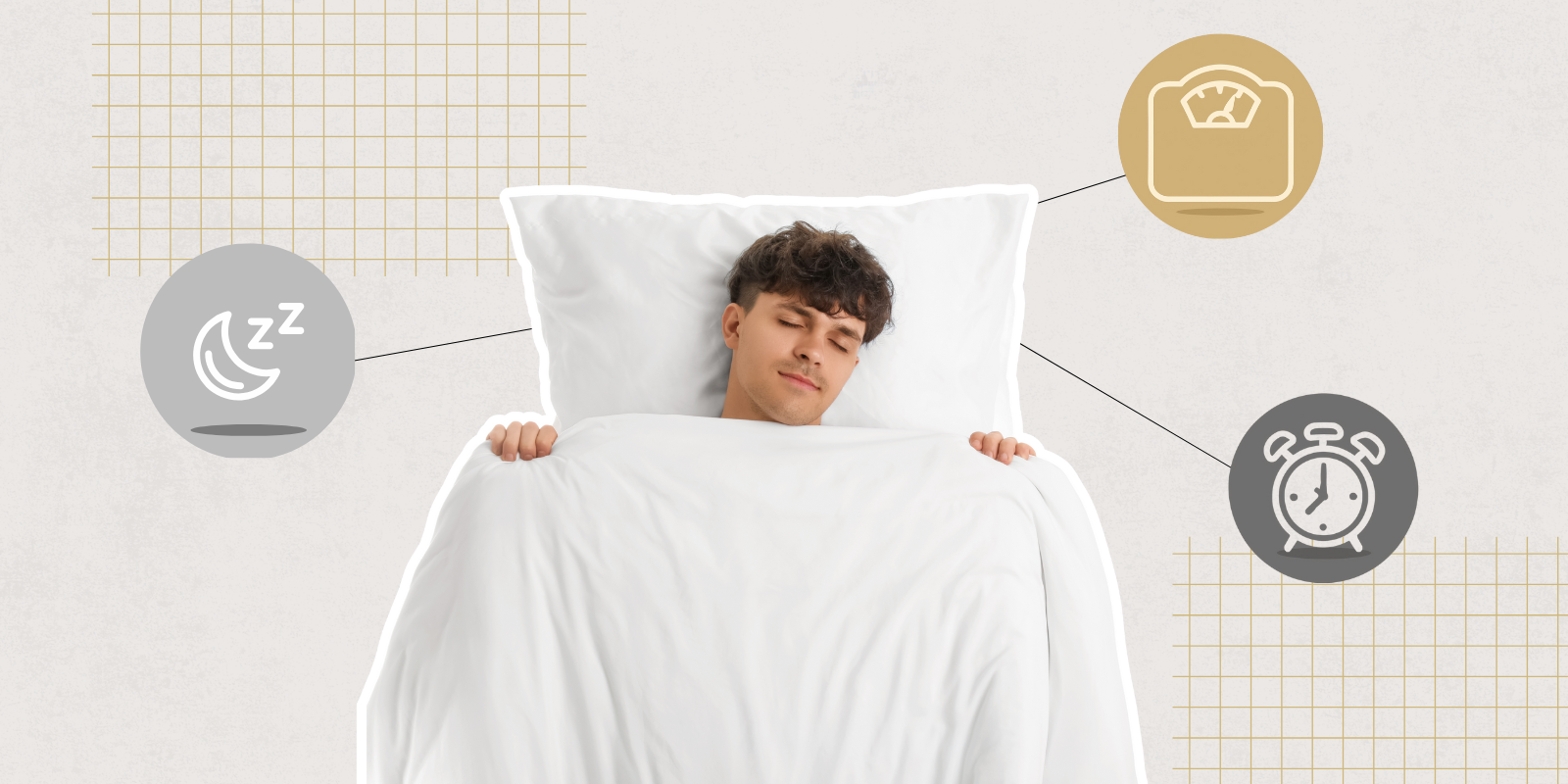Much of the work of health care happens because of a strong support base – the childcare, household labor, and other jobs that allow health care providers to show up every day at the clinic or hospital.
During the COVID-19 pandemic, “that base fell away,” says Elizabeth Harry, MD, an associate professor of general internal medicine in the University of Colorado School of Medicine. “It was like a house of cards and the whole thing collapsed because the base was no longer there.”
In recently published research, Harry and her co-researchers found that of more than 58,000 health care workers surveyed between April and December 2020, 21% reported experiencing childcare stress. Those with childcare stress had 115% greater odds of experiencing anxiety or depression and 80% greater odds of burnout than those without childcare stress.
Further, high childcare stress was associated with 91% greater odds of intent to reduce hours and 28% greater odds of intent to leave the health care profession.
“It’s interesting to see the reaction to these data,” Harry says. “Not a lot of it is surprising, but I think it’s validated people’s experiences. It’s definitely hitting a nerve, which is good because hopefully organizations will look at these numbers and look at ways to invest more in their workers.”
High childcare stress
Harry and her co-researchers partnered with the American Medical Association to add a question about childcare stress to Coping with COVID, a brief work-life and wellness survey of U.S. health care workers. The survey was distributed to clinicians and staff in participating health care organizations with more than 100 physicians. Participants completed the survey through the initial months of the pandemic.
“Because everything was happening so quickly, the AMA looking to start gathering data as soon possible,” Harry explains. “So, there definitely are limitations, but the decision had to be made whether to put something out quickly or do all the validation studies, so the decision was made to start gathering data right away.”
Survey respondents assessed whether they were experiencing concerns about childcare due to COVID-19 on a 1 to 4 scale. The Coping with COVID survey also asked respondents about anxiety, depression, workload, as well as single-items measures of burnout, intent to reduce hours, and intent to leave the health care profession.
“One of the key insights that emerged is the intent to reduce hours,” Harry says. “High childcare stress led to 91% intent to reduce hours, and often I don’t think we fully appreciate the huge impact that can have across health care. It impacts patient access to care, it impacts expenses for an organization. Reduced hours may seem like a small thing but they can have a very strong impact.”
Addressing structural inequity
Another finding from the survey data is that 39% of male respondents with low childcare stress had burnout, whereas 53% of men with high childcare stress had burnout. While the rates were higher for women – 63% of women with high childcare stress had burnout – “it’s worth discussing whether men face a different sort of bias, that there’s always someone else who will take care of childcare or household jobs for them, that they can stay late at work and don’t need to worry those things,” Harry says.
The data also showed that health care workers from racial or ethnic minorities had 40% to 50% greater odds of reporting childcare stress than white respondents. Also, childcare stress was most often noted among medical assistants, nursing assistants, speech therapists and pharmacists.
“Looking at this as an issue of structural inequity is really important,” Harry says. “We need to be thinking about the average cost of childcare and what percentage of somebody’s paycheck it is, and asking as an organization how we can support health care workers in every role. Here at CU, we’re very lucky to have an on-campus school, but that’s very unusual. We also have a daycare, but the waitlist is so long that it’s often not accessible to people.”
Further research can delve deeper into not just the dimensions of childcare stress, but other aspects of caretaker stress, Harry says. “People who don’t report childcare stress may still be experiencing stress from caring for aging parents or other loved ones. It’s important that we understand how that is leading to burnout, intent to reduce hours, and intent to leave. We have people getting trained in health care and we want them to stay in health care, and stay full time if that's within their career goals.”




